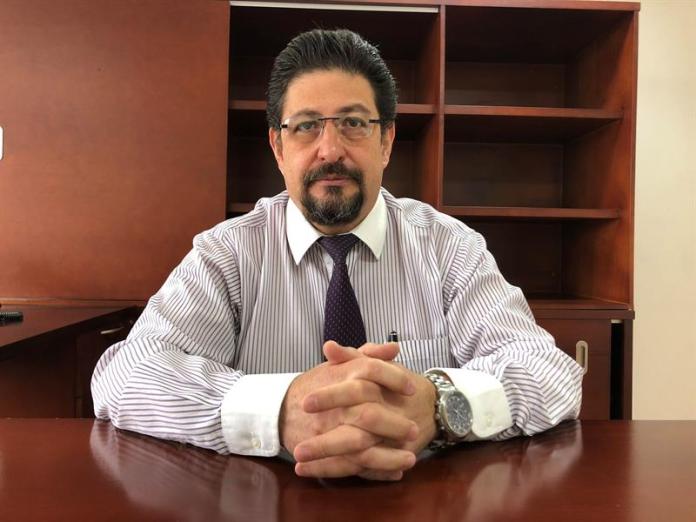Mexico, .- Despite the increase in organ donation of bodies in Mexico, this is still far below countries that are leaders in this regard as Spain, said Efe on Wednesday a specialist.
In the framework of the World Day of Transplantation, which is celebrated on June 6, Dr. Ignacio Guerra Gallo attached to the Mexican Social Security Institute (IMSS) also noted that, although the donation of organs and tissues was increased 427% In the last decade, this is still “insufficient for our needs”.
This explains why in Mexico about 22,000 people are waiting to receive an organ to be transplanted.
Guerra Gallo detailed that the donation, especially of organs, becomes very complex because the donor is required to be brain dead.
This, he explained, occurs when the brain stops working because it stops receiving blood flow and can no longer recover.
He added that the concept of brain death is still complex for family members because they see the patient breathing and with the heart beating, but this is artificial; and that is why the family does not accept that the person is already dead.
The specialist explained that in Mexico the kidney is the most requested organ for transplants and more than 15,000 patients are on the waiting list to receive one, which represents 68% of the total number of people who need a transplant.
“People can wait between one and three years on average to get a kidney,” said the specialist.
He indicated that there may be patients who expect more but others have more luck and after a few months they can receive the organ.
This, he said, depends on several medical criteria such as blood group compatibility, age, the urgency of the transplant, the chances of success and seniority on the waiting list.
María Elena Galván Zarza, 50 years old, was one of the lucky patients, since she only had to wait six months to receive the kidney she needed.
María Elena was diagnosed with high blood pressure since she was 20 years old, but never had the care that her illness required.
Twenty-five years went by untreated until a doctor informed him that he would have to undergo dialysis every day because his kidney no longer worked.
The patient remembered that she was reluctant to dialysis but when she felt very bad and started having kidney pain she agreed.
Years later, the doctor told her that she was a candidate for a transplant and she signed up on the waiting list.
“I ran very lucky because it took about six months and the doctor who spoke to tell me that my kidney was already in. It was from an elderly person who died,” he shared.
That kidney, María Elena assured, gave her a second chance to live.
After the transplant, which on May 9 was one year old, he must continue taking at least five pills a day, but his quality of life improved.
Dr. Ignacio Guerra Gallo detailed that the transplants have a period of validity and although there have been cases of people who have more than 40 years with the donated organ, it is not the same in all patients.
He explained that a transplant does not mean that the disease is cured, since the organs also have a period of validity.
In the case of the kidney, at five years it works at 82% of its capacity and at 10 this is resolved at 60%. On average, he said, this body can last well for little more than a decade.
While the liver, for example, “has an expectation of 15 to 20 years and the heart of 10 to 12 years,” he said.
The specialist stressed that there are several risk factors for a patient to reject the organ, such as previous transfusions, having received a transplant before and, in the case of women, pregnancy.
With a national average of 2 out of 10 cadavers that are donors, according to the doctor, Mexico is far behind Spain, he said.
Spain is the leading country in the donor rate, since it reached 48 people per million inhabitants in 2018, a figure that is far from the second place in the world, the United States (31.7 per million inhabitants), according to official figures. (EFE)

